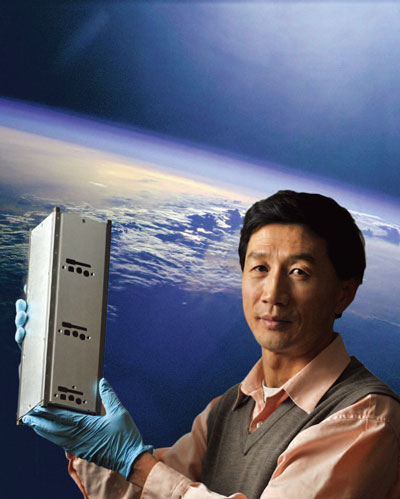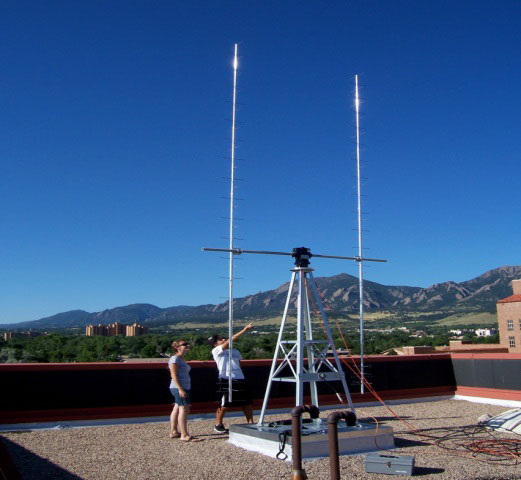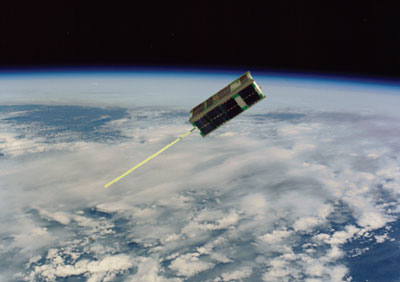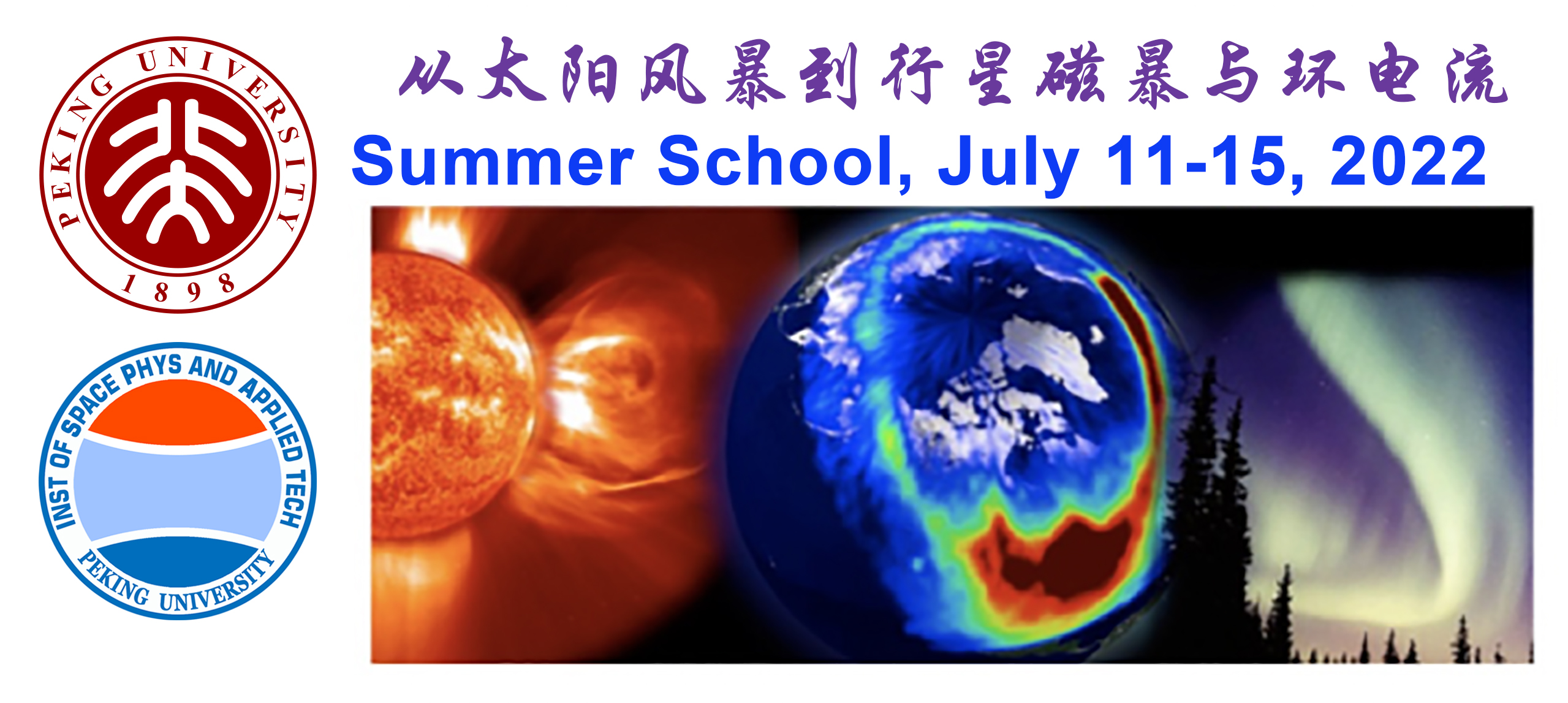Xinlin Li (李炘璘)
Laboratory for Atmospheric and Space Physics (LASP) and Department of Aerospace Engineering Sciences (AES) of University of Colorado at Boulder
时间:6月20日(星期5)2:00 pm
地点:物理楼北415
题目:微小卫星-从概念到现实及国际影响
The Colorado Student Space Weather Experiment (CSSWE) is a 3-unit (10cm x 10cm x 30cm) CubeSat mission funded by the National Science Foundation, launched into a low-Earth, polar orbit on 13 September 2012 as a secondary payload under NASA’s Educational Launch of Nanosatellites (ELaNa) program. CSSWE contains a single science payload, the Relativistic Electron and Proton Telescope integrated little experiment (REPTile), which is designed to measure the directional differential flux of protons ranging from 10 to 40 MeV and electrons from 0.58 to >3.8 MeV. The commissioning phase was completed and REPTile was turned on 4 October 2012 and the data are clean, exceeding expectations! Three-month science mission (full success) was completed on 1/05/13 while the CubeSat still operates and continue sending back high quality science data. Mission operation has been fully automated and data analysis and modeling continue.
Significant science results have been produced based on the REPTile measurements in conjunction of other spacecraft measurements and over a dozen peer-reviewed papers about the science results as well as the engineering effort have been published.
A number of engineering challenges had to be overcome to achieve such clean measurements under the mass, volume, and power limits of a CubeSat. The CSSWE is also an ideal class project, involving over 65 graduate and undergraduate students and providing training for the next generation of engineers and scientists over the full lifecycle of a satellite project.




